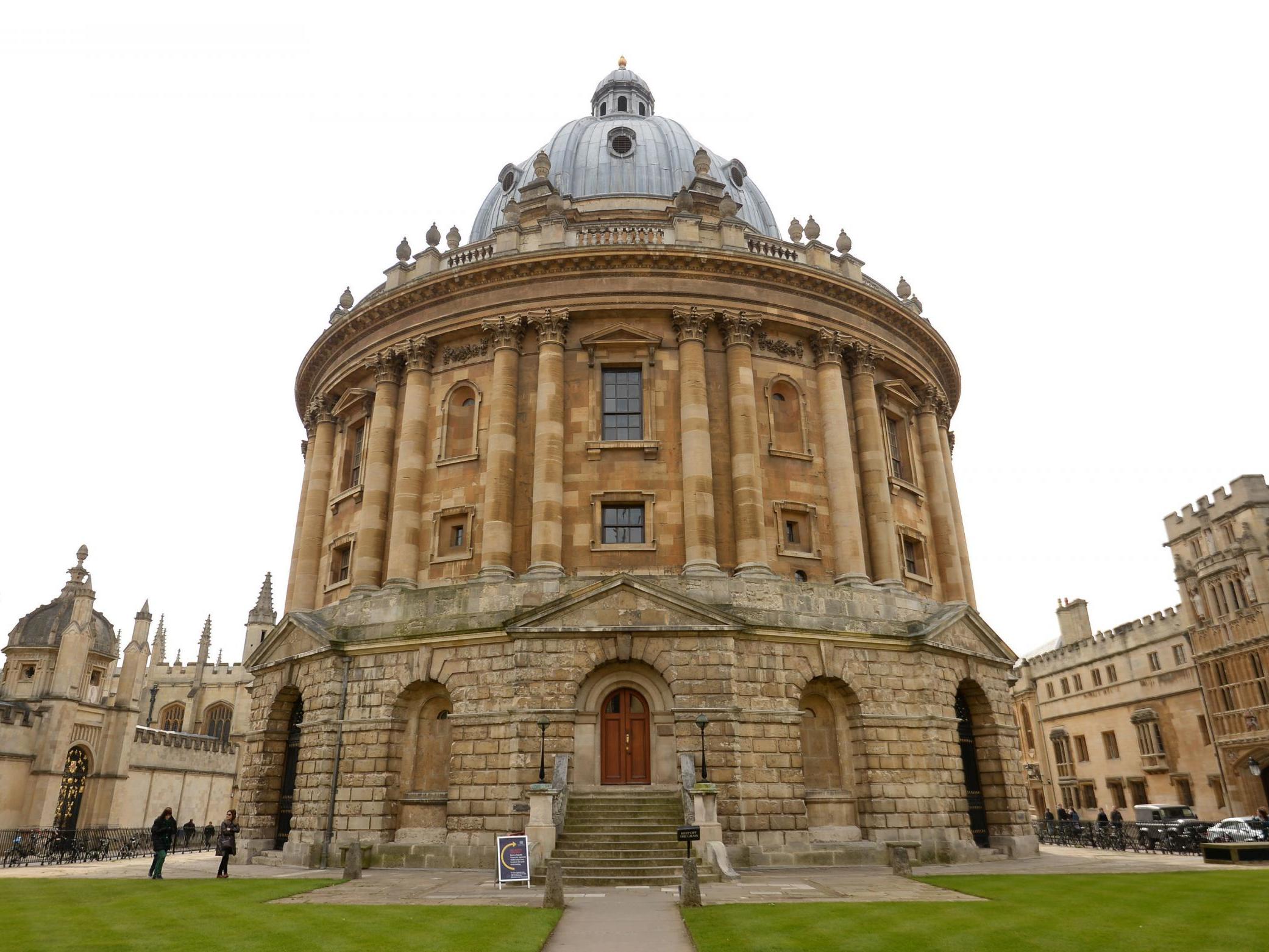Would you pass the Oxford University interview questions?
Thousands of prospective students face questioning at top institution over next fortnight

The University of Oxford has released a sample of interview questions to assist prospective students who want to secure a place at the prestigious institution.
Among the list of questions are: “Is war the opposite of politics?” and “What is the significance of the brain’s ‘face area’ and it being stimulated when people see and recognise faces?”
Over the next fortnight, Oxford candidates will have at least two interviews as part of the admissions process and the institution has issued advice in a bid to make the experience less daunting.
Prospective modern languages students could be asked about why it is important to still learn French or Italian in a world where the dominant language is English.
Meanwhile, aspiring engineers could be asked to sketch the physical forces behind velocity that determine the process of kicking a football into the air.
Dr Samina Khan, director of admissions and outreach, said: “We know that there are myths and misconceptions about the Oxford interview, so we put out as much information, and have many student helpers on hand to put the student at ease.
“Having an idea of what to expect allows them to prepare for their interviews and goes some way towards reducing the unknown.”
Dr Matthew Williams, from Jesus College, explained why a would-be politics, philosophy and economics (PPE) student might be asked whether war is the opposite of politics.
He said: “In common usage, ‘politics’ can include ‘war’, not be opposed to it. So the ambition is to encourage students to think outside the box, and imagine an interpretation of politics that could even be considered to be positive and optimistic – politics as the avoidance of conflict.
“The best responses will notice that terms like ‘war’ can mean physical acts of violence, but could also include cyberwarfare, or financial piracy. And, politics could be considered at the level of states and all the way down to the level of families.
“Hence the stark differentiation of war and politics may not be very useful to our understanding of these terms.”
Nick Yeung, from University College, advised psychology candidates how to explain the significance of the brain’s “face area” and it being stimulated when people see and recognise faces.
He said: “Facial recognition is a skill that is very useful and we mostly take for granted. By asking this, we are looking for the candidate to think critically about experimental design, and what we can learn from the results.
“For example, does the experiment have a clear hypothesis and predictions? Is it well designed to test these? Are the methods used appropriate? Does the experiment have necessary control conditions?”
He added: “As well as thinking critically, we’re also looking for the candidate to think creatively, for example about how the experiment could be improved and what the results of such an experiment might tell us about how people think and how the brain works.”
The advice comes as thousands of prospective students are due to attend interviews at the university this month.
Dr Khan said: “There are no trick questions, everything that we ask has a purpose, and that is to show us how a student thinks and responds to new ideas and information, in an academic conversation akin to the tutorials that they will take part in if they come to Oxford to study.”
Join our commenting forum
Join thought-provoking conversations, follow other Independent readers and see their replies
Comments
Bookmark popover
Removed from bookmarks